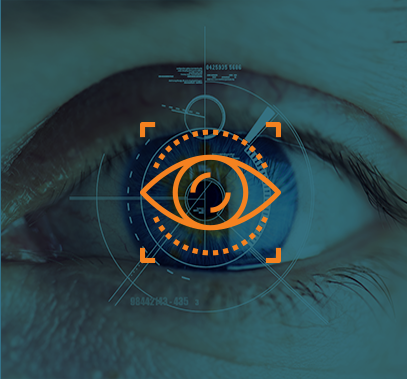Medications play a crucial role in treating various health conditions, but some of them can have unintended effects on our eyes. As precious as our eyesight is, it’s essential to be aware of the potential risks associated with certain medications. In this blog, we will highlight some common medications that have been linked to eye-related complications, empowering you to make informed decisions about your healthcare.
- Corticosteroids
Corticosteroids or ‘steroids’, used to treat various inflammatory conditions, can lead to cataract formation and increase the risk of developing glaucoma when used in high doses or for prolonged periods. If you are prescribed corticosteroids, it is imperative to be monitored by an optometrist to minimize potential risks.
- Antihistamines and Decongestants
Antihistamines and decongestants are commonly used to relieve allergy symptoms and nasal congestion. However, some of these medications can cause dry eyes, leading to redness, discomfort and fluctuation in vision. If you experience persistent eye dryness while using these medications, you may need a dry eye workup with your optometrist.
- Antidepressants
Certain classes of antidepressants, such as tricyclic antidepressants and selective serotonin reuptake inhibitors (SSRIs), have been associated with side effects like blurred vision and dry eyes.
- Antipsychotic Medications
Antipsychotic medications used to treat conditions like schizophrenia and bipolar disorder can lead to adverse ocular effects, including blurred vision, sensitivity to light, and increased intraocular pressure.
- Erectile Dysfunction Medications
Erectile dysfunction medications like sildenafil (Viagra) and vardenafil (Levitra) may cause temporary changes in vision, such as increased light sensitivity and color perception disturbances. If you experience any visual abnormalities while taking these medications, seek immediate medical attention.
- Medications for Malaria and Rheumatoid Arthritis
Certain medications used to treat malaria (e.g., chloroquine and hydroxychloroquine) and rheumatoid arthritis (e.g., methotrexate) can cause retinal toxicity, leading to vision impairment. Regular eye exams with advanced retinal screening are essential for patients on these medications to monitor their eye health.
- Isotretinoin (Accutane)
Isotretinoin, used to treat severe acne, has been associated with dry eyes, reduced night vision, and, in rare cases, more severe eye issues.
While medications are valuable tools in managing various health conditions, some of them can affect our eyesight. It’s crucial to communicate openly with your healthcare provider about any visual changes you experience while taking medications. Regular eye exams can help detect any potential eye complications early, allowing for timely intervention and management. These medications above are chosen because of how effective they are. So if ocular side-effects are caught during the early stage, your primary doctor can switch to an alternative medication before it results in permanent damage to you eyes. That is why it is important to have regular eye checkups with advanced retinal screenings.
Remember, being informed about the potential risks of medications can empower you to take proactive steps to protect your eyesight. Consult with your doctor if you have concerns about your medication’s effects on your eyes or if you experience any changes in your vision. Your eye health is worth safeguarding, and with the right knowledge and care, you can enjoy clear and healthy vision for years to come.





